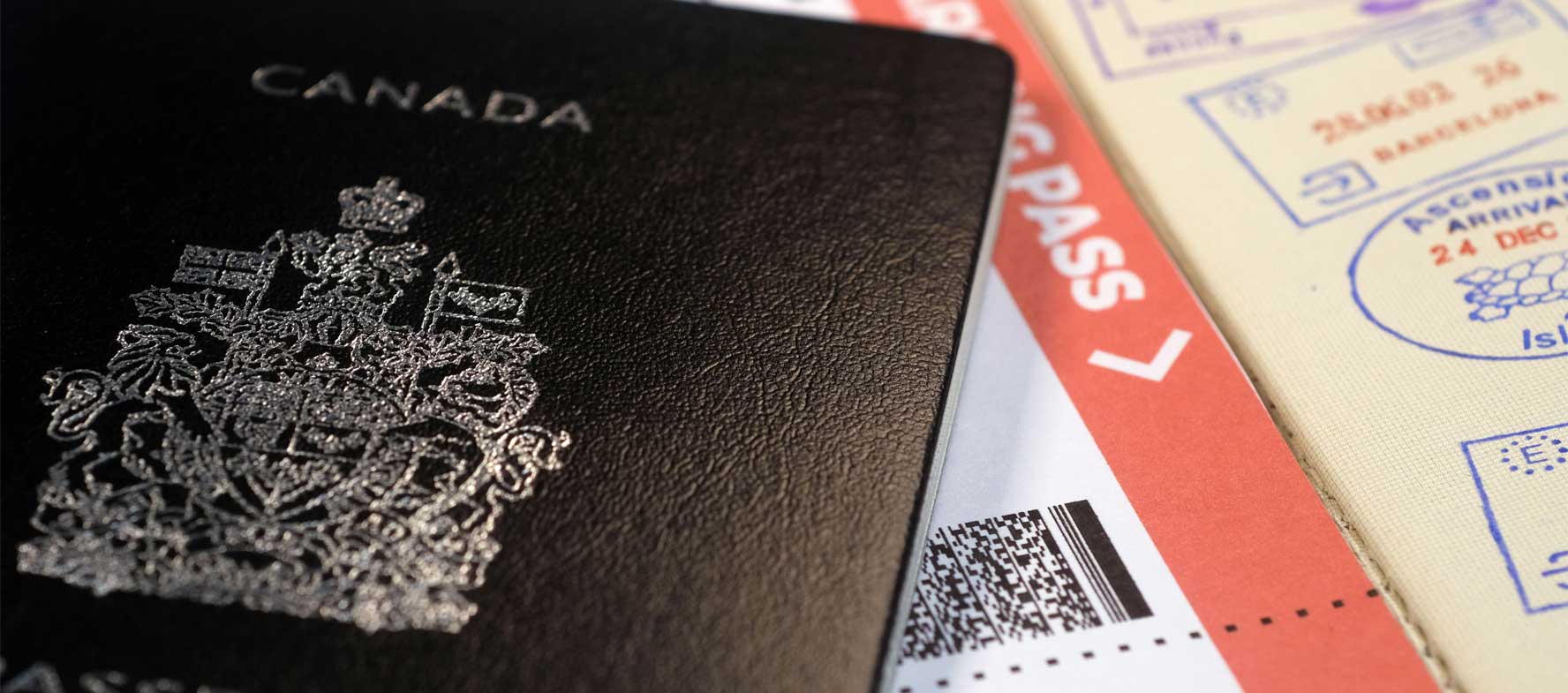Immigration Announcement
Being proficient in English or French can open up many opportunities for immigrants to Canada

Immigrant candidates who have high proficiency in English, French or both are more likely to have a successful integration into the labor force and society of Canada. The immigration system in Canada has set language proficiency standards, which only goes to show that they are willing to give an advantage to candidates who can prove their fluency in the two languages.
This can prove to be a useful weapon on the journey of obtaining permanent residence in Canada. One look at the Express Entry system will prove the validity of this fact.
The Express Entry system came into existence in 2015 and is responsible for managing the pool of candidates who belong to Canada’s primary skilled worker immigration programs. With the introduction of the Express Entry, the bar was raised when it came to determining the eligibility of immigration candidates. It became important to judge their likelihood of attaining success in the country’s economy.
All the Express Entry candidates are assigned a Comprehensive Ranking System (CRS) score is an indication of their potential. The score is calculated on the basis of factors such as age, work experience, education, and language skills. The CRS system can award up to 290 points to an unmarried candidate who is highly proficient in both English and French as long if they can perform all four language skills – reading, speaking, listening, and writing.
2019 saw Express Entry candidates needing a CRS of approximately 460 points so as to have a competitive shot at receiving an Invitation to Apply (ITA) for Canadian permanent residence. Language proficiency can, hence, contribute up to 63 percent of the total points needed to qualify for Canadian permanent residence. It can be said that language proficiency is one of the best gateways to Canadian citizenship alongside provincial nomination and a job offer under the Express Entry system.














